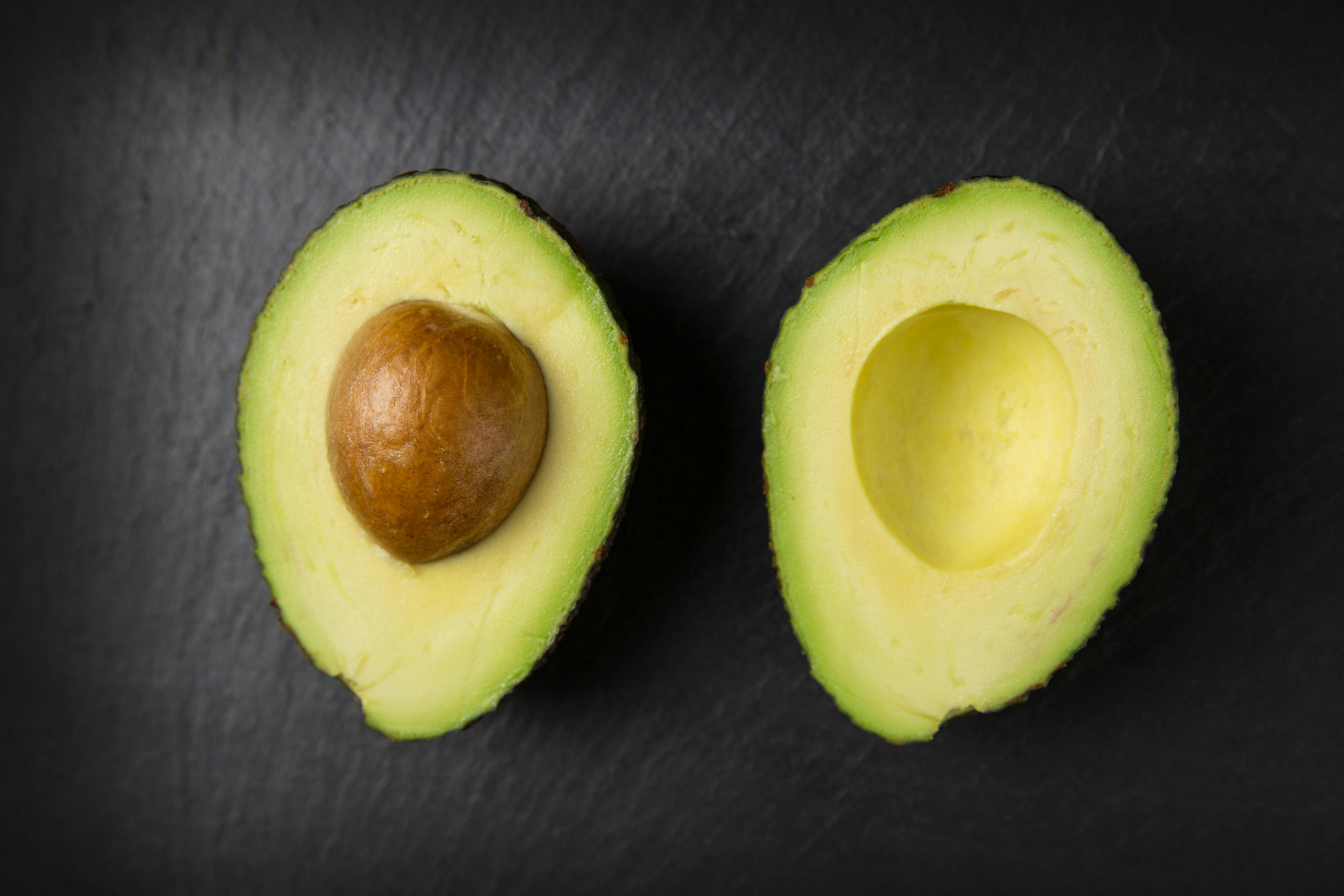Effective Ways to Enjoy Corned Beef in 2025: Discover Health Benefits
Corned beef has stood the test of time as a beloved dish in various cuisines around the world. Its rich, savory flavor and satisfying texture make it a popular choice for meals, especially during seasonal festivities and celebrations. In recent years, however, there has been a growing focus on the nutritional aspects of this delicious meat. Understanding corned beef nutrition, alongside its health benefits, is essential for those looking to incorporate it into their diets responsibly.
This article explores the health implications and the culinary versatility of corned beef, demonstrating how it can be enjoyed as part of a balanced diet. From examining its profile in terms of calories and protein content to discussing health risks associated with processed meats, we will take a comprehensive look at what makes corned beef a staple choice for many. Additionally, we will provide practical recipes and cooking tips to ensure you can incorporate this dish into your meals effectively.
Stay tuned as we dive into the essential details concerning corned beef benefits, ideal serving sizes, and ways to enjoy it while being mindful of health concerns. Whether you're a long-time fan or a newcomer, this guide provides valuable insights for everyone.
Understanding Corned Beef Nutrition
To fully appreciate corned beef, one must consider its nutritional profile. Per a typical serving, corned beef is prized for its high-protein content, making it an excellent choice for muscle maintenance and recovery. With about protein in corned beef averaging 22 grams per 3-ounce serving, it serves well as a protein source in a heart-healthy diet.
Evaluating Corned Beef Calories
When enjoying corned beef, being aware of its calorie content is crucial, especially for those managing their diets. A standard serving contains approximately 210 calories. Despite its flavor richness, corned beef can be enjoyed in moderation as part of a balanced meal, especially when paired with a variety of healthful side dishes.
Iron Content and Health Benefits
Another significant health aspect of corned beef is its iron content. Corned beef, being a meat product, is rich in heme iron, which is more easily absorbed by the body than non-heme iron found in plant foods. This makes it an important inclusion for those needing to boost their iron intake, particularly individuals at risk of anemia.
Assessing Sodium Levels
While many enjoy the salty flavor of corned beef, it’s essential to consider corned beef sodium levels. A 3-ounce serving typically contains around 900 milligrams of sodium, which can be a concern for those managing hypertension or looking to reduce their salt intake. Balancing this with lower-sodium foods can help mitigate health risks while enjoying this dish.
Is Corned Beef Processed?
Corned beef is indeed classified as a processed meat due to its curing process, which involves salt and preservatives. Understanding the implications of consuming processed meats is vital, especially concerning health risks such as heart disease and certain cancers. Awareness and moderation are key when incorporating corned beef into your diet.
Corned Beef in Perspective: Versus Other Meats
When comparing corned beef versus other meats, it stands out not only for its flavor but also for its nutritional value. Leaner cuts of meat, such as chicken or turkey, can offer similar protein levels with fewer calories and fats, prompting a consideration of dietary preferences. Let’s explore how to effectively enjoy corned beef while keeping an eye on nutrition.

Practical Tips for Enjoying Corned Beef
With an understanding of its nutrition, it’s time to explore how to enjoy corned beef in a healthy manner. From cooking methods to meal ideas, these tips will help you incorporate this dish into your diet thoughtfully.
Corned Beef Cooking Methods
When cooking corned beef, low and slow methods such as boiling or slow-cooking are beneficial. These approaches help maintain the meat's tenderness while allowing the flavors to develop. This cooking style plays a major role in preparing corned beef recipes that are both hearty and healthful.
Serving Suggestions and Side Dishes
Pairing corned beef with vegetables or salads enhances not only the meal's flavor but also its nutritional value. Consider serving it with steamed greens like kale or Brussels sprouts, or a fresh garden salad to create a balanced plate that complements the richness of the beef.
Corned Beef Sandwich Ideas
Classic corned beef sandwiches are iconic, yet opting for whole-grain or low-carb bread can make them even healthier. Top with mustard and fresh veggies to reduce calories while retaining flavor. This modernization can align with corned beef meal ideas that cater to various dietary preferences.
Incorporating Corned Beef into Diet Plans
Corned beef can also fit into varied diet plans, including low-carb or paleo diets. A staple in comfort food recipes, it can be transformed into hash or stir-fries, maximizing both flavor and nutrition. It’s essential to maintain portion control to balance with other food groups and nutrients.
Healthy Condiments and Pairing
Enhance the dish with healthy condiments such as whole grain mustard or a yogurt-based sauce. These can provide additional flavor without significantly increasing calories or unhealthy fats, ensuring a delicious and health-conscious dining experience.

Corned Beef Health Considerations
Despite its many benefits, consuming corned beef comes with essential health considerations to be aware of. Understanding these aspects ensures that you can enjoy it as part of a healthy lifestyle.
Corned Beef and Heart Health
Due to its sodium and saturated fat content, it’s crucial to assess how corned beef and heart health coincide. Regular consumption may elevate blood pressure, so enjoying it in moderation, with a focus on overall heart-healthy choices, is advised.
Health Risks Associated with Processed Meats
Extensive research has pointed to potential risks associated with frequent consumption of processed meats like corned beef, particularly concerning certain health conditions. Being informed can guide healthier choices, allowing for an enjoyable relationship with this culinary favorite while being cautious.
Corned Beef Dietary Restrictions
Considering dietary restrictions such as sodium intake or allergies is important when introducing corned beef into your meals. Awareness of these factors can aid in making healthier choices while accommodating various lifestyle preferences and needs.
Corned Beef in Moderation
Ultimately, the key to incorporating corned beef is moderation. Enjoying it in reasonable portions can provide a delightful culinary experience while fitting within a balanced diet framework. Pairing corned beef with wholesome sides can contribute to greater overall nutrition.
Conclusion: Embracing Corned Beef Mindfully
Corned beef offers a significant nutritional profile alongside delicious possibilities in recipes and meal prep. By understanding its benefits, associated risks, and ideal serving method, you can enjoy this classic dish confidently. As you plan your meals, remember to balance it with fresh fruits, vegetables, and whole grains to maintain a nutritious and delightful diet.
For more insights into cooking techniques and health recommendations, explore additional guides and culinary resources available at our website. Cook and enjoy corned beef creatively, ensuring a delightful experience for you and your loved ones!
```